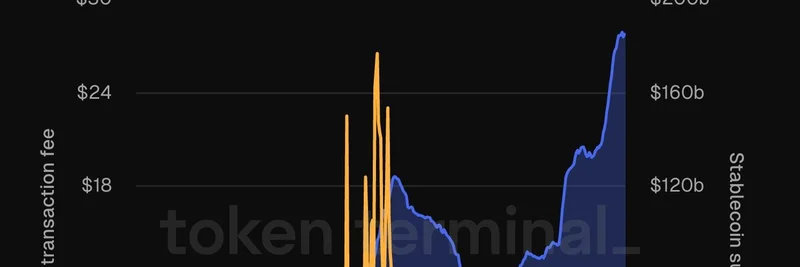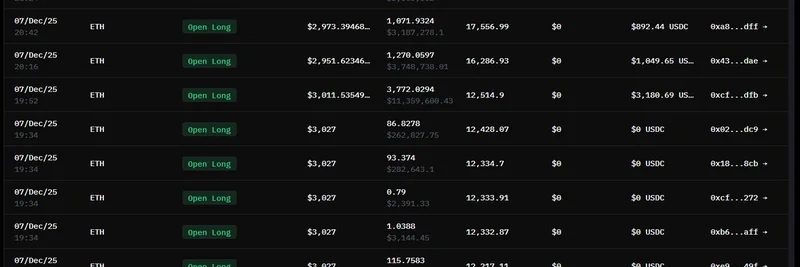In the ever-evolving world of cryptocurrency, staying ahead of scams is crucial. Recently, security firm HashDit highlighted a persistent threat from DPRK (Democratic People's Republic of Korea) actors who are tricking macOS users into installing malware through fake Zoom links and deepfakes. This tactic has led to drained crypto wallets, and it's a reminder that no platform is entirely safe. Let's break down what's happening and how you can protect yourself, based on this insightful thread from HashDit.
Understanding the Scam
DPRK threat actors, often linked to state-sponsored hacking groups, have been ramping up their efforts in the crypto space. They use social engineering—basically, psychological manipulation—to lure victims. In this case, they impersonate trusted contacts or professionals, inviting you to a "meeting" via a fake Zoom link. Once you click and install what seems like a software update, malware sneaks in and targets your crypto funds.
What makes this scary is the use of deepfakes: AI-generated videos or audio that mimic real people so convincingly it's hard to spot the fake. If you've ever thought macOS was immune to such attacks because it's "safer" than Windows, think again. These hackers are proving that mindset wrong, exploiting the trust users place in Apple's ecosystem.
Key Red Flags to Watch For
HashDit outlined some clear warning signs. Spotting these early can save your portfolio:
Unexpected DMs Requesting Meetings: Getting a direct message on Telegram or elsewhere from someone you weren't expecting, pushing for a call? That's a classic opener. Always verify the sender's identity through other channels.
Changes in Account Behavior: If the person reaching out seems off—like using a different Telegram handle or acting unusually—it could be a hijacked account or an impersonator.
Prompts to Download Updates: They might send a link claiming it's a Zoom fix or security update. Legitimate Zoom updates come directly from the official app or site, not random links.
Inconsistencies in Calls: During the "meeting," look for glitches in voice, video quality, lighting, or behavior. Deepfakes aren't perfect yet, so these mismatches are telltale signs.
By keeping these in mind, you're already building a stronger defense against these sophisticated scams.
Why This Matters for Meme Token Enthusiasts
At Meme Insider, we focus on the wild world of meme tokens, but security is the foundation of any blockchain adventure. Meme coins often attract quick investors who might overlook risks, making them prime targets for these DPRK tactics. Whether you're holding DOGE, PEPE, or the next big thing, a compromised wallet means goodbye to your gains. Educating yourself isn't just smart—it's essential for thriving in this space.
Tips to Stay Safe
Beyond awareness, here are some practical steps:
Use hardware wallets for storing large amounts of crypto; they're harder for malware to access.
Enable two-factor authentication (2FA) everywhere, preferably with an authenticator app rather than SMS.
Install reputable security tools, like HashDit's own Chrome extension or MetaMask Snaps, which can flag suspicious activity.
If something feels off, pause and verify. Reach out to the supposed contact via a known, secure method.
HashDit encourages anyone who suspects they've been targeted to contact them for help. In the crypto community, we're all in this together—sharing knowledge keeps us all safer.
Scams like these evolve, but so do our defenses. Stay vigilant, and let's keep the blockchain space secure for everyone. If you've encountered similar tricks, share in the comments below!




